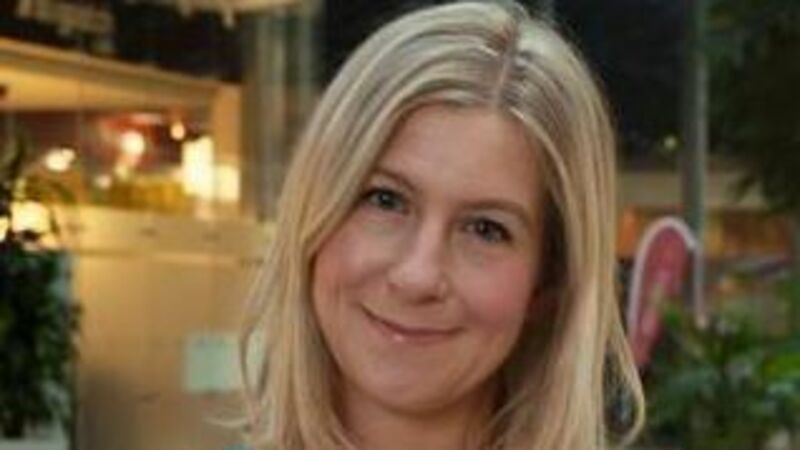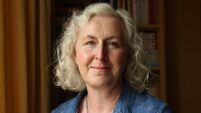Books are my business: Head of literature at the Arts Council

Sarah Bannan: 'My favourite day of the year is probably when the literature bursaries are awarded: We offer €10,000, €15,000, and €20,000 to an individual writer to take time out and work on their creative practice.'
Sarah Bannan is head of literature at the Arts Council. Originally from New York, she has lived in Dublin since 2000; her novel was shortlisted for Newcomer of the Year in the Irish Book Awards.
BOOKS & MORE
Check out our Books Hub where you will find the latest news, reviews, features, opinions and analysis on all things books from the Irish Examiner's team of specialist writers, columnists and contributors.







